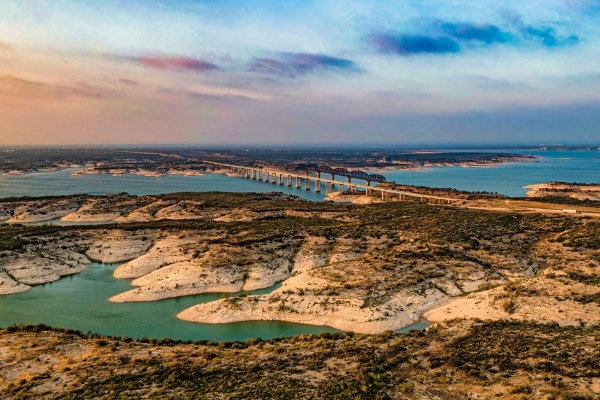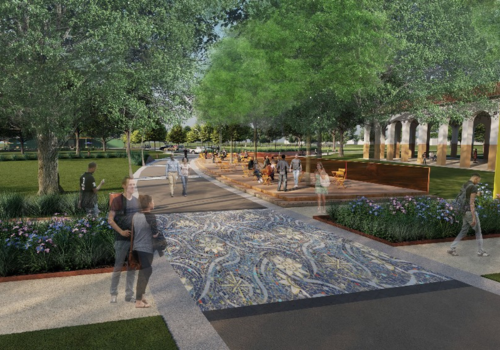One Houston Together: Developing Equitable Communities
Published Sep 24, 2020 by A.J. Mistretta
Historic gaps in equity and access to opportunity continue to adversely impact communities across Houston. Today, a person’s zip code remains one of the best indicators of their health and wealth. But there are renewed efforts to close the gaps in equity in our region’s communities.
The fourth installment of the Partnership’s One Houston Together webinar series looked at Developing Equitable Communities and featured Duwain Pinder, Associate Partner, McKinsey and Company; Kyle Shelton, Deputy Director, Kinder Institute for Urban Research; Robert Bullard, Distinguished Professor of Urban Planning and Environmental Policy, Texas Southern University; and Susan Rogers, Director, Community Design Resource Center at the University of Houston College of Architecture and Design.
We invite you to watch the full conversation by clicking the video recording to the right. Please note: There is a brief gap in the video recording after the 4-minute mark. We apologize for this technical issue.
Discussion topics included:
- What it means to create equitable neighborhoods and communities and how we address the historic roots of inequitable policies and systems.
- The importance of including justice in racial equity efforts.
- How disasters can widen the equity gap in neighborhoods and the need for resiliency in both physical and social infrastructure.
- How Harris County added a lens of equity to the distribution of flood resiliency funds and projects.
- Defining the racial wealth gap and how closing it can benefit the economy.
- Can public and private funding resources effectively work together to impact equity.
- Why the issue of systemic racism precludes the development of equitable communities and cities.
- Beyond government, the role businesses and industries can play in addressing racial equity and justice.
Additional Resources:
- “Invisible Houston" by Robert D. Bullard
- McKinsey & Company study on The Economic Impact of Closing the Racial Wealth Gap
Learn more about One Houston Together.
Below are other events related to the series. All One Houston Together virtual events are free to register:
- The Business Community’s Role in Addressing Racial Inequities – Sept 29
- Houston NEXT: An ERG Summit – Oct 16
Watch previous One Houston Together webinars:
 The Houston Report
The Houston Report




















